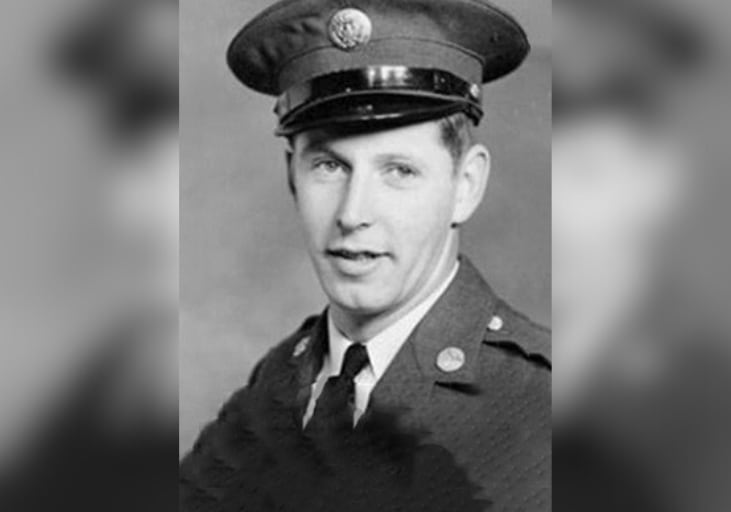The Army has awarded a contract for development of a device to quickly determine if a person has a brain injury and how severe it is.
The portable device would be used on the battlefield to assess combat-related traumatic brain injury at the point of injury. The effort will focus on moderate and severe TBI.
The U.S. Army Medical Research and Materiel Command awarded the nearly $10 million contract to Neural Analytics, Inc., which develops medical devices to measure, diagnose and monitor brain health and neural disorders, according to information from the company.
Neural Analytics will work with the Defense Department to develop the Lucid System, designed to measure and monitor physical signs of TBI.
The company wants to give troops a capability that any of them can use when immediate action may mean saving a life.
“Our objective is to build an instrument for someone with little or no training that they can use reliably,” Leo Petrossian, chief executive officer of Neural Analytics, told Army Times.
The idea is that any troop could use the device with about a half hour of training.
The software will do much of the thinking for the troops, who will likely be dealing with several things happening at once.
“The goal is not to give the combat medic more data,” Petrossian said, but to have the software do an assessment of a person’s brain condition and tell the medic, or anyone using the device, how severe it is so they can act faster for the right treatment.
Traumatic brain injury can occur without obvious symptoms, and may not be evident right away, researchers say.
TBI has been called the signature injury of the ongoing wars. Since 2000, more than 370,000 service members have had a first-time diagnosis of TBI, according to data from the Defense and Veterans Brain Injury Center.
In the Army, more than 217,000 soldiers across the three components have had a TBI diagnosis reported. The Navy, Marine Corps and Air Force each have had more than 50,000 service members diagnosed with TBI since 2000. These Defense Department numbers reflect only first-time brain injuries, so the actual total incidents of TBI among service members is higher.
TBI can have long-term effects on service members. Veterans have a greater risk than civilians of developing Alzheimer’s disease, and TBI is one of the factors that significantly increases that risk, according to a report this month from veterans’ advocacy group Veterans Against Alzheimer’s.
Brain injury can be hard to diagnose immediately, and it’s best to get treatment sooner rather than later, Petrossian said.
He said he and his company have spent four years developing software for assessing brain injury and recovery.
Now the project is to deliver the hardware to make the device rugged and deployable, and to power it for the mission, he said.
He anticipates the device will available to multiple branches of the military.
The $9,990,947 contract for the project was awarded at a “firm fixed price,” according to DoD documents.
The development is expected to take place within the next 18 months. The estimated completion date for the work is March 2019, according to DoD documents.
Petrossian estimated it would be about two years before the device might be far enough along for potential approval by the Army and the FDA.
The development of the device will also play a role in providing civilian versions of the technology for emergency medical services before the patient gets to the hospital, he said.
The Army has not decided at this point whether it would procure the device, officials told Army Times.
For now, Petrossian is envisioning what the device can do for the warfighter.
“It’s a win when the combat medic is excited to do the training,” he said. “It’s a win when it leads to better outcomes on a mission.”
Kathleen Curthoys is editor of Army Times. She has been an editor at Military Times for 20 years, covering issues that affect service members. She previously worked as an editor and staff writer at newspapers in Columbus, Georgia; Huntsville, Alabama; Bloomington, Indiana; Monterey, California and in Germany.





